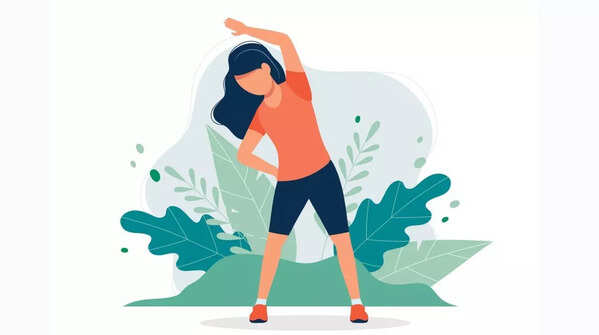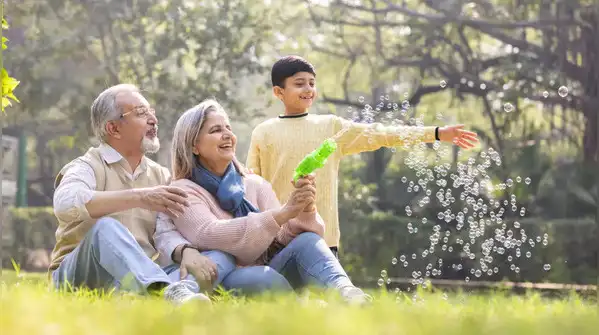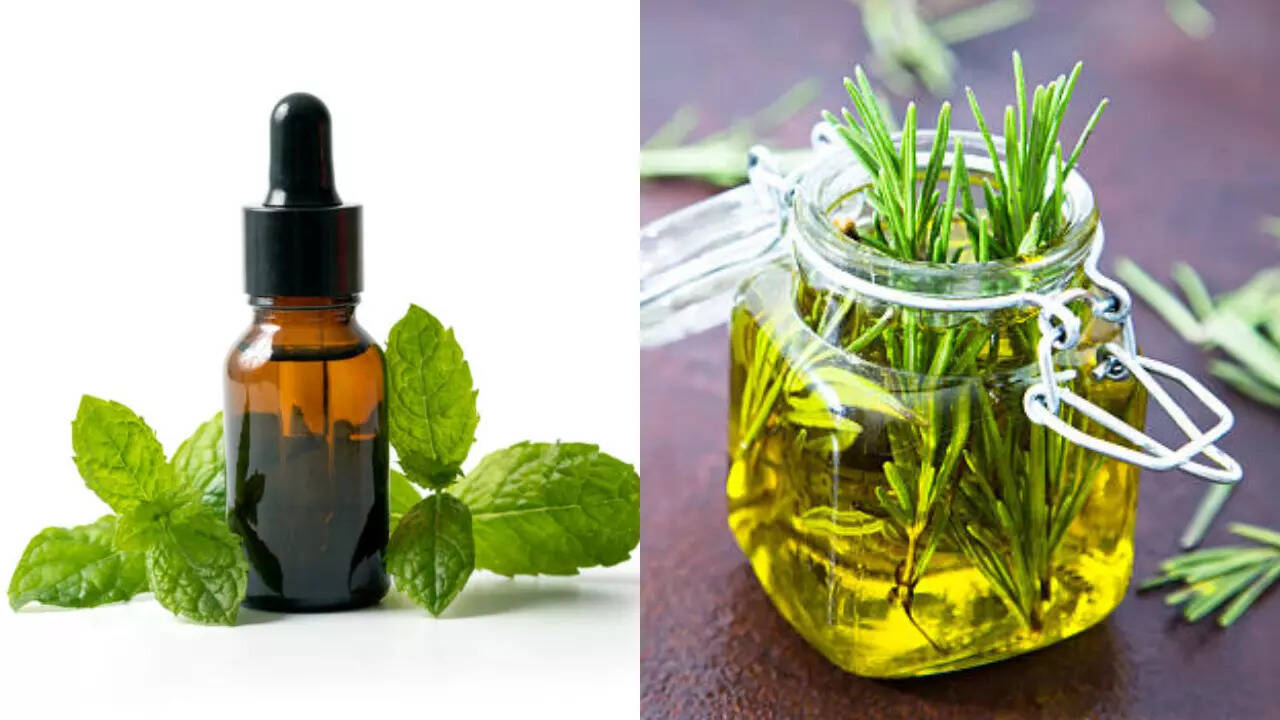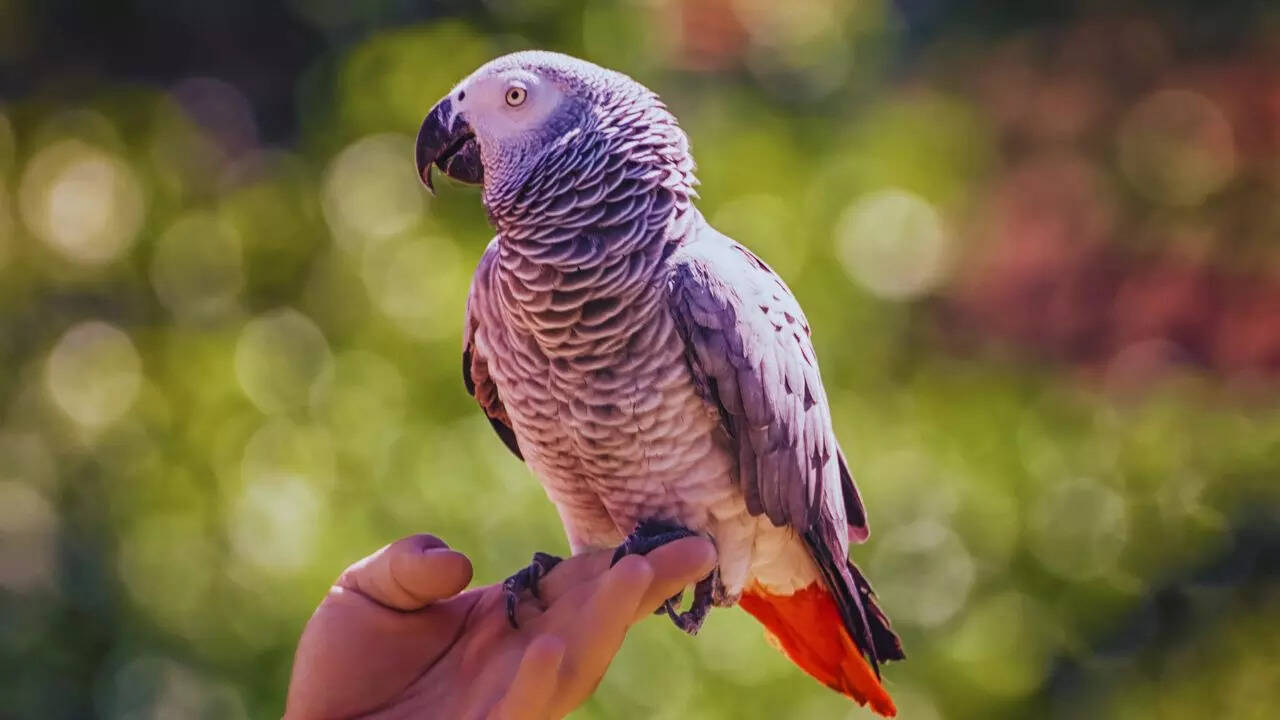
1/7
102-year-old great grandma shares 4 simple rules that she followed throughout her life that probably were her secrets to good health and longevity
Eloise Brown, a 102-year-old great-great-grandmother from North Philly, is possibly the biggest fan of the Philadelphia Eagles. Born 11 years before the Eagles franchise began, Brown has never missed a game. A near-lifelong fan of the NFL team, Brown has recently shared about the four simple things that kept her vibing and thriving for over a hundred years. Here are four simple longevity habits that kept Eloise Brown living a long and fulfilling life.
(Pic courtesy: X)

2/7
Drinking water
Longevity is not really about fancy diets or expensive treatments. It’s really about focusing on the basics. In Brown’s case, it was hydration. “I like to drink water,” she told The Today Show. Born in 1922, Brown has lived through a century of health fads; however, she swears by the power of drinking water. Studies have found that proper hydration supports everything from digestion to cognitive function, which are especially critical as we age. A 2023studypublished in The Lancet has found that adults who stay well-hydrated appear to be healthier, develop fewer chronic conditions, such as heart and lung disease, and live longer compared to those who may not get sufficient fluids.

3/7
Staying active
One of the golden tips from Brown to live a healthier and longer life is to stay active. She likes to walk. While she no longer treks long distances, Brown manages to move as much as possible. Whether it's the consistent step counts she completes at home or engaging in light movement, she tries to break from a sedentary lifestyle at any cost. Studies have consistently shown that regular physical activity is key to longevity. It reduces the risks of heart disease and muscle atrophy. A 2012reviewfound that physical activity reduces many major mortality risk factor,s including arterial hypertension, diabetes mellitus type 2, dyslipidemia, coronary heart disease, stroke, and cancer. All-cause mortality is decreased by about 30% to 35% in physically active people compared to others.

4/7
Staying positive
The cheapest drug for longevity is positivity. One would only find Brown with a smiling face. She never holds back on a moment of laughter. Even during the games, she manages to keep her positive attitude. Science in fact backs this. Studies have shown that laughter boosts endorphins and strengthens immune function.

5/7
Strong values and purpose
Brown credits strong values for her long life. She is a proud Pennsylvanian. Community and faith go hand in hand for the great-grandmother. “Having strong values keeps you grounded,” she told Philadelphia Today earlier this year. She found her purpose of life in raising a happy family, including her children and grandchildren. Having a purpose in life has been nominated consistently as an indicator of healthy aging for several reasons, including its potential for reducing mortality. A 2019studyfound that people who felt they had purpose in life were more likely to live longer than those who did not. "There have been a number of studies suggesting that a higher sense of purpose in life is associated with reduced risk of early death. However, this study showed for the first time that a sense of purpose in life is associated with specific causes of death, and that's an interesting advancement of knowledge,” the researchers said.

6/7
Pro Tip: 2 other science-backed habits linked to longevity
Adequate sleep
Adequate sleep is essential for lifelong health and overall longevity. Aim for at least 7-9 hours of sleep every night. A 2023studyfound that irregular sleep pattern is linked with a 50% higher risk of early death compared to those with regular sleep patterns. The study also pointed out that shift workers have a higher risk of stroke, and those working in rotating shifts for decades were less healthy compared to those who didn’t.

7/7
Manage stress
Stress plays a crucial role in managing your health. Chronic stress accelerates the aging process and increases the risk of age-related diseases. A 2020 Finnishstudyfound that chronic stress can reduce a person's lifespan by about 2.8 years. Practices like yoga and meditation can help to handle stress effectively.
Follow Us On Social Media

 8 hours ago
46
8 hours ago
46




























 English (US)
English (US)